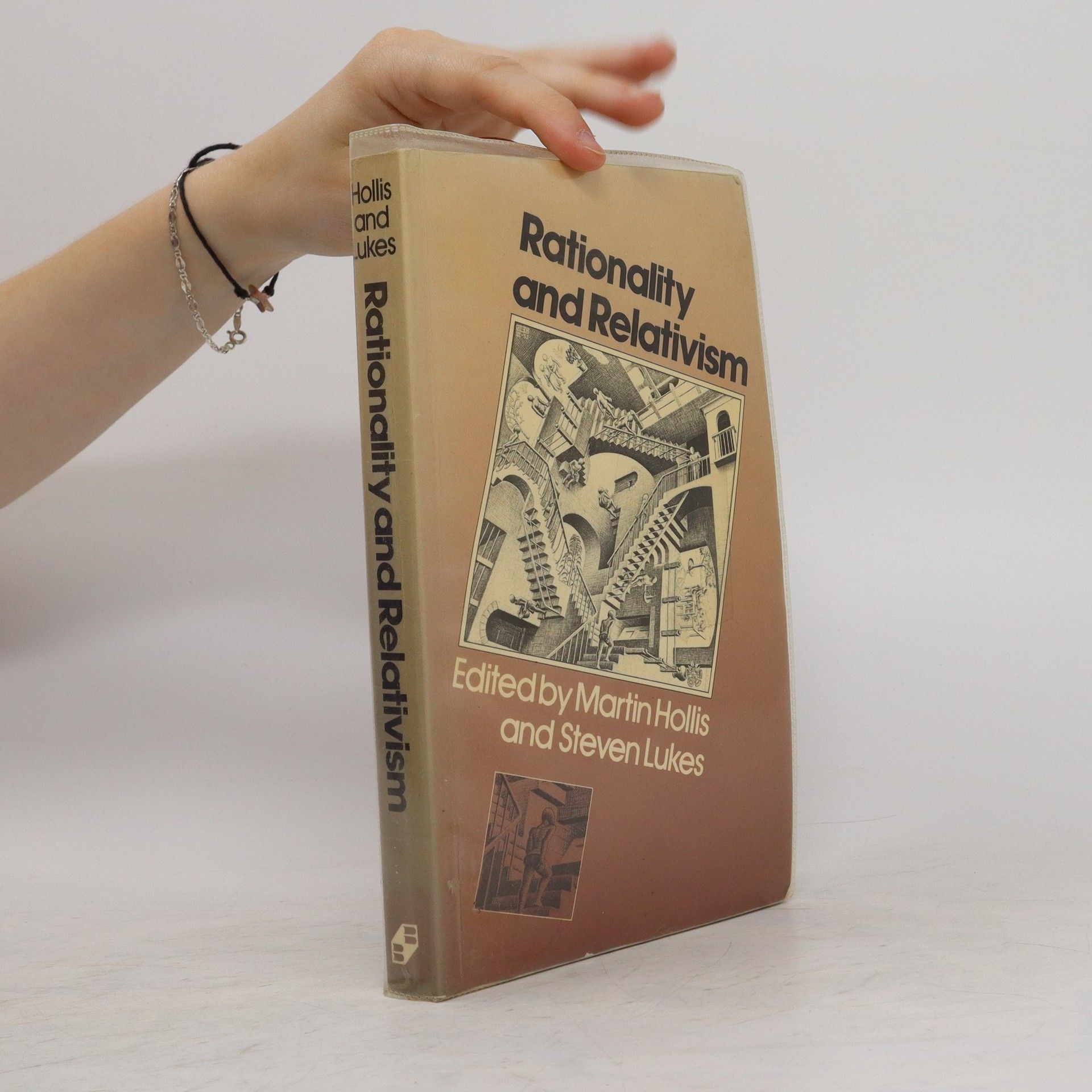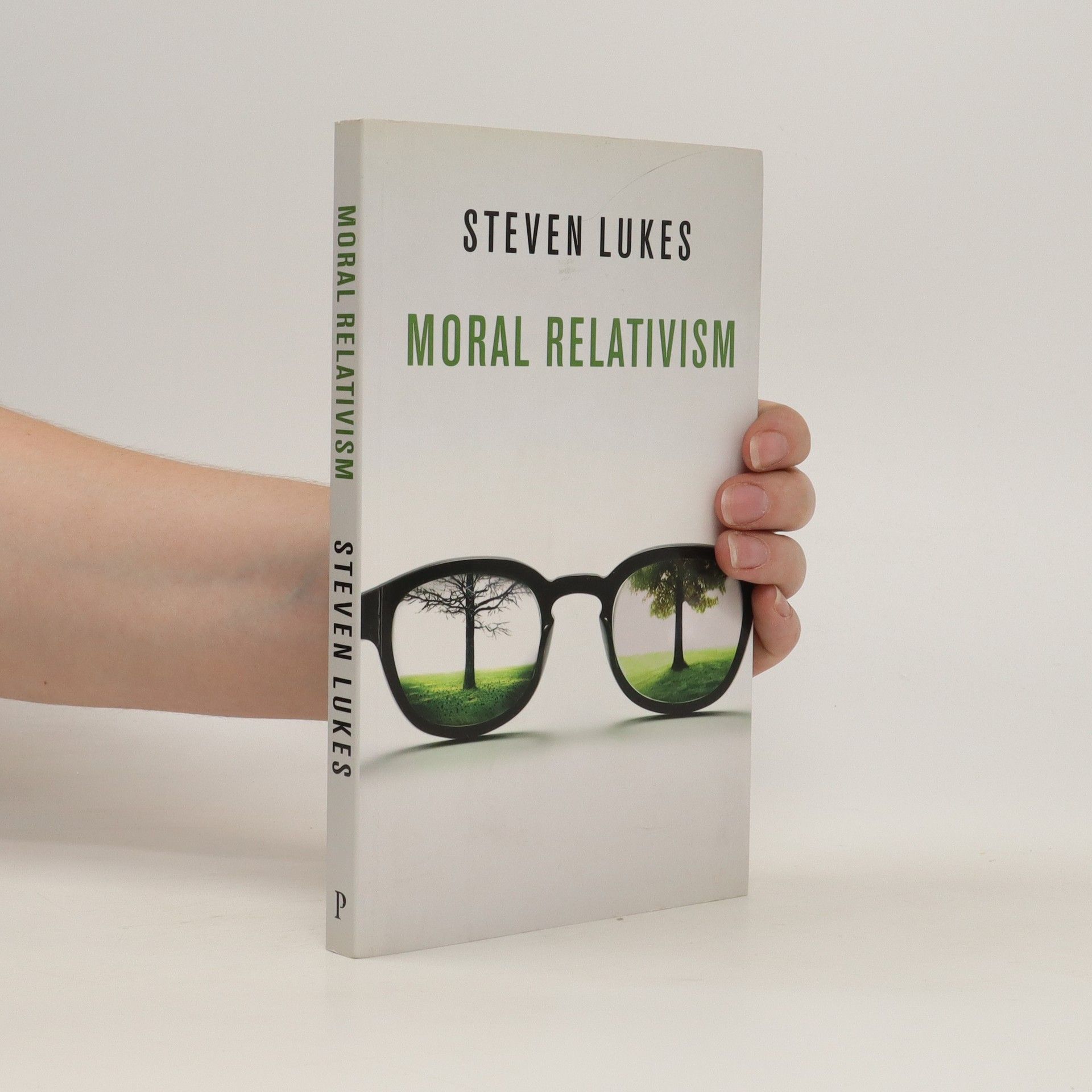Moc bezmocných
- 64 stránek
- 3 hodiny čtení
Esej bývalého českého prezidenta, spisovatele a dramatika Václava Havla, poprvé vydaná roku 1989 nakladatelstvím Host. Havel v ní popisuje fenomén disidentství v post-totalitních režimech. Pojmenovává ho "moc bezmocných", což naznačuje úsilí disidentů konat společenská a politická rozhodnutí, ale nezakládat přitom svou moc na instituci státu. Autor také poukazuje na působení ideologie skrze obyčejný lid, který se následně nevědomky stává nástrojem k opakovaném uplatňování a utvrzování totalitní moci. Esej je věnovaná filosofu Janu Patočkovi, na kterého Havel odkazuje návrhem vlastního politického programu, který nazývá "ivot v pravdě". Mimo něj Havel odkazuje i na řadu dalších filosofů, např. Heideggera, a rozebírá mnoho socio-politických konceptů. Podnětná esej od jednoho z nejvýraznějších českých intelektuálů, která si zaslouží pozornost i dnes.




